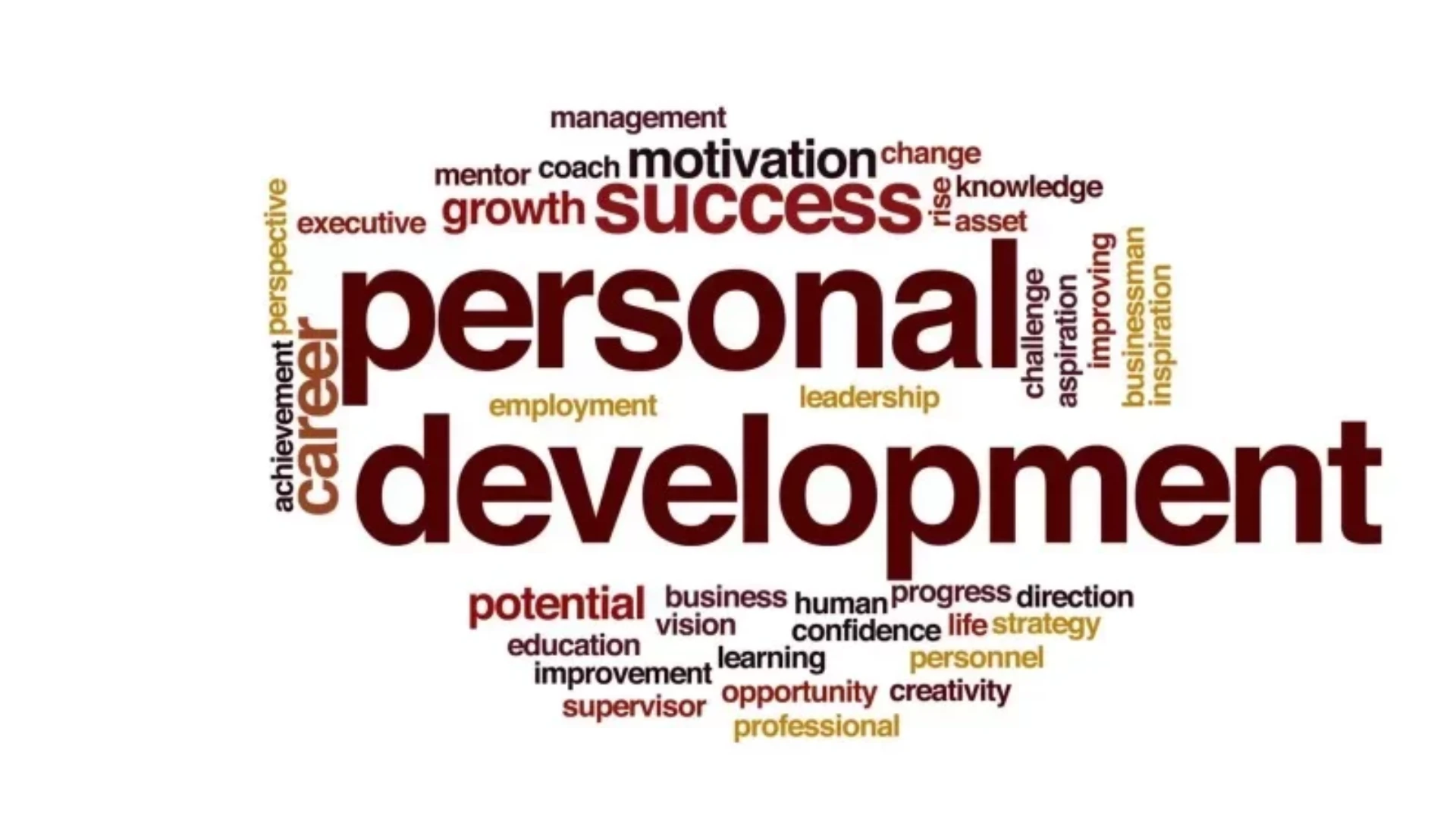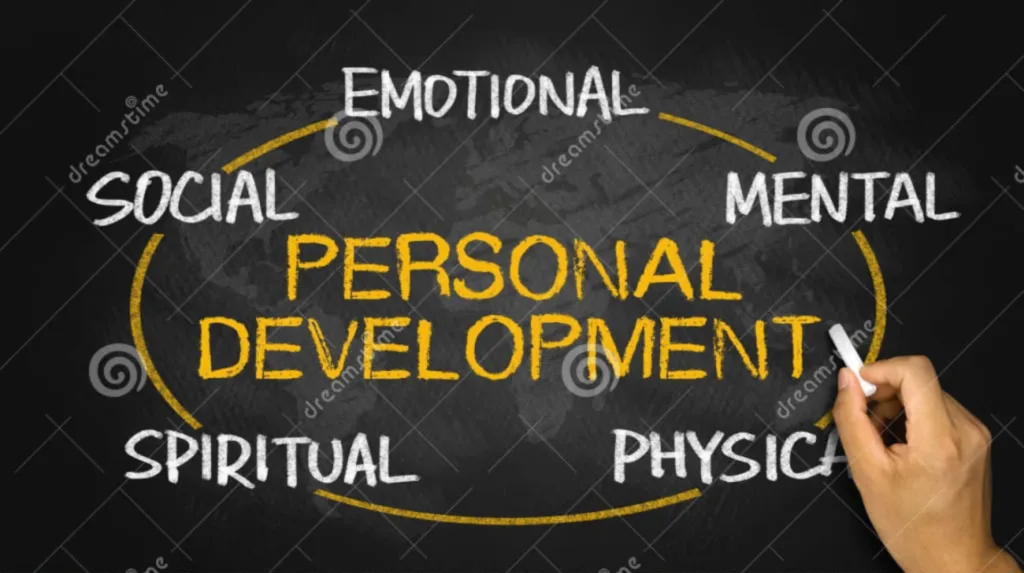
7 Strategies to Enhance Your Personality Development
Personality development is a lifetime journey. It allows people to grow and become their best versions. It involves improving many parts of one’s personality, behavior, and thinking to succeed personally and professionally. This article will explore proven strategies for realizing your full potential and developing your personality.
Implementing these strategies can help you uncover new opportunities, overcome challenges, and become the best version of yourself. So, let’s dive in and discover the world of personal development!
Importance of Personality Development

Understanding the importance of personality development is critical for personal growth. Your personality influences how you think, behave, and interact with others. It determines how you see the world, deal with obstacles, and form connections. By actively working on your personality development, you can improve many elements of your life. A well-developed personality can lead to better professional prospects, stronger relationships, and greater satisfaction.
To understand the significance of personality development, consider the areas of your life that could benefit from growth and improvement. Consider how your personality influences your personal and professional interactions with others. Recognizing the importance of personality development is the first step toward self-improvement and personal growth. Accept this path and commit to developing your personality for a more satisfying and successful life.
1. Identifying Your Strengths and Weaknesses
Identifying your strengths and weaknesses is an important stage in personal development. Understanding your unique strengths and places for progress enables you to concentrate your efforts on personal development more successfully. Begin by conducting an honest assessment of your strengths. These are the characteristics and skills that you excel in and contribute to many elements of your life. Consider getting input from others, as it may reveal strengths you aren’t aware of. Similarly, identify your shortcomings. These are the areas in which you may struggle or progress. Recognizing your weaknesses is not a sign of failure, but rather an opportunity for improvement. Accept them as opportunities for growth and commit to working on them.
After you’ve recognized your strengths and limitations, devise an improvement strategy. Use your strengths to improve your personal and professional life. Seek opportunities to improve and refine these qualities. Set precise goals for your deficiencies and develop action plans to overcome them. Identifying your strengths and limitations helps you obtain a better knowledge of yourself and allows you to focus on the areas that will have the greatest impact on your personality development.
2. Believing in Yourself
Believing in yourself is an important part of personal development. When you have faith in your talents and feel that you can achieve your goals, you are more likely to take the steps required to make them a reality. Self-belief provides you the confidence to face challenges and hurdles. It enables you to realize your full potential and strive for personal development. To boost your confidence in yourself, begin by acknowledging your previous accomplishments and victories. Consider your strengths and moments when you overcame problems. Remind yourself of your abilities and the characteristics that make you distinct. Surround yourself with positive and helpful people who believe in you and promote your development.
Additionally, engage in positive self-talk and positivity. Replace your self-doubt and negative ideas with uplifting statements. Visualize yourself succeeding and reaching your goals. Cultivate a self-belief mindset, and you’ll be shocked at how much it helps your personality development.
3. Focusing on Positive Personality Qualities
Focusing on good personality qualities is an effective method to advance your personal growth. When you emphasize and cultivate positive attributes, you not only improve your well-being but also have a beneficial impact on others around you. Begin by recognizing your favorable attributes. These attributes could include kindness, empathy, resilience, and the ability to listen well. Consider how these characteristics have helped you and others in the past.
Once you’ve recognized your good attributes, look for methods to incorporate them into your everyday routine. Practice actions of kindness and compassion for others. When others speak, actively and sincerely listen to them. Express thankfulness and appreciation for the things and people in your life. By focusing on positive personality qualities, you can create a more pleasant and uplifting environment for yourself and those around you. Your connections will improve, and you will attract like-minded people who value your great characteristics.
4. Avoiding Negative Personality Qualities
Avoiding negative qualities is crucial for personal development and improving your overall personality. Negative qualities can impede your success and have an impact on your relationships and interactions with others. It is critical to recognize and address these characteristics to have a more positive and well-rounded personality. One important step is self-awareness. Take the time to think about your behavior and relationships with others. Determine any negative patterns or characteristics that may be holding you back. These may include characteristics such as being too critical, pessimistic, or lacking empathy.
Once you’ve discovered your negative qualities, make a concerted effort to replace them with positive ones. For example, if you are prone to being overly critical, try focusing on the strengths and positive features of others. If you tend to be depressed, confront your negative beliefs and seek out more optimistic views. It could also be beneficial for getting feedback from trusted friends, family, or mentors. They can give you useful insights into your undesirable characteristics and help you focus on improving them. Remember that personal development is an ongoing process, and by consciously avoiding negative personality qualities, you will build a more positive and appealing personality.
5. Setting Clear Goals for Personal Growth
Setting goals clear for personal improvement is critical to improving your personality development. Goals offer direction, motivation, and a sense of purpose. They assist you stay focused and devoted to your personal development quest. Begin by selecting specific aspects of your personality that you want to enhance. This could be about communication skills, emotional intelligence, confidence, or any other facet of your personality that you believe requires improvement.
Set specific and attainable goals after determining the areas you wish to focus on. Make sure your objectives are measurable and time-limited. For example, if you want to improve your communication abilities, you could commit to taking a public speaking course over the following three months. Break your ambitions down into smaller, more manageable tasks. This makes them more attainable and allows you to monitor your progress. Evaluate your goals regularly and make any necessary revisions. Setting specific personal growth goals allows you to actively control the development of your personality. You are developing a road map for success and assuring ongoing progress.
6. Practicing Self-Reflection and Self-Awareness
Self-reflection and self-awareness are effective strategies for improving your personality development. It provides insights into your ideas, feelings, and behaviors, allowing you to make positive adjustments and evolve as a person. Schedule frequent time for self-reflection. This can be accomplished by journaling, meditation, or simply taking quiet time to reflect. Consider your experiences, interactions, and feelings. Ask yourself probing questions to identify trends and underlying reasons.
Developing self-awareness also entails soliciting feedback from others. Ask trusted friends, relatives, or mentors for their honest feedback on your personality and behavior. Consider their critique with an open mind and view it as a chance for improvement. Use self-awareness as a starting point for personal development. Determine where you can make good adjustments and strive to become the best version of yourself. Track your progress and continue to evolve by revisiting your self-reflection practice regularly. By engaging in self-reflection and self-awareness, you actively participate in your personality development journey, setting the way for personal growth and improvement.
7. Effective Communication and Social Skills
Developing strong communication and social skills is critical for personal development. Good communication skills enable you to express yourself clearly, form meaningful connections, and navigate a variety of social situations comfortably. To improve your communication abilities, begin by actively listening to others. Pay close attention to their words, nonverbal signs, and emotions. Demonstrate empathy and understanding. Use clear and succinct verbal communication with proper body language and tone of voice. Additionally, improve your nonverbal communication skills. Be mindful of your body language, facial expressions, and gestures. Maintain eye contact and give everyone your full attention. Practice bold and confident speech without becoming confrontational.
Social skills are equally vital. They entail the ability to engage and connect with others successfully. Seek out opportunities to socialize and network to help you improve your social skills. Join groups, attend events, or participate in group activities that match your interests. Regularly hone your communication and social abilities in a variety of settings. Reflect on your interactions and seek input from others to improve your skills. With time and effort, you can acquire excellent communication and social skills that will benefit your personality development.
Conclusion
Personality development is a lifetime process that needs deliberate effort, self-reflection, and the use of effective strategies. Understanding personality development, identifying your strengths and limitations, creating clear goals, developing effective communication skills, and practicing self-care and emotional intelligence will help you reach your full potential and grow personally.
Remember that personality development isn’t about becoming someone different. The goal is to become the best version of yourself. Accept the ideas outlined in this article and go on a revolutionary journey toward realizing your potential and living a satisfying life.













Add comment